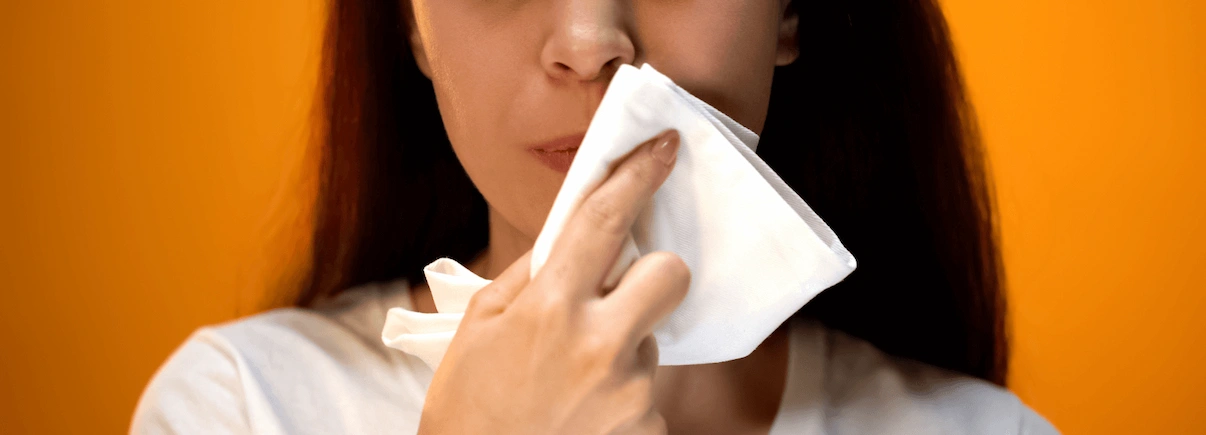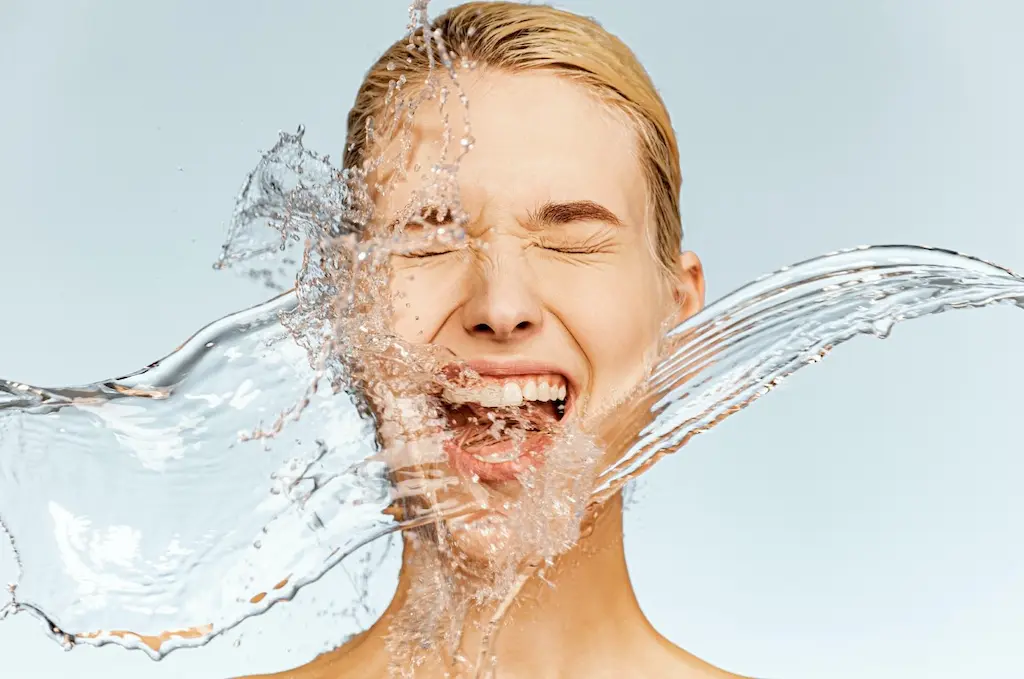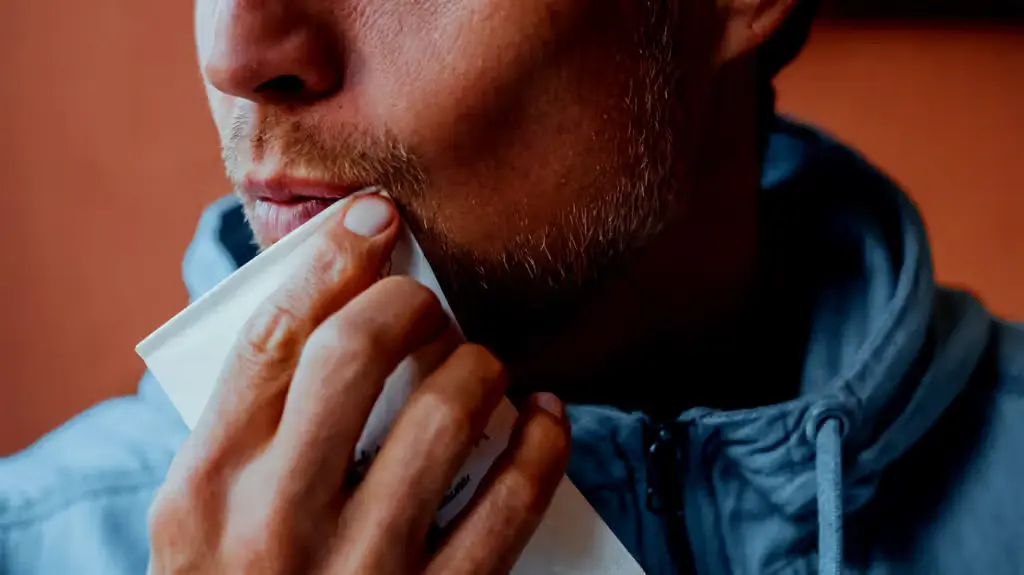What causes hypersalivation and how to treat it

Depending on the cause, hypersalivation can either be constant or intermittent. It can also be temporary or chronic.
Hypersalivation is usually a symptom of another underlying condition. Too much saliva can cause problems with talking and eating, along with chapped lips and skin infections. Hypersalivation and drooling can also cause social anxiety and diminished self-esteem.
Read on to learn more about what can cause hypersalivation. This article also looks at related symptoms, how doctors assess the symptoms, treatment options, and more.
What causes hypersalivation?
Hypersalivation can be the result of:
1. excessive saliva production
2. an inability to effectively swallow or clear saliva from the mouth
3. difficulty keeping the mouth closed
Neurological conditions, or conditions affecting the brain, can cause hypersalivation. These include:
1. cerebral palsy
2. traumatic brain injury
3. congenital brain abnormalities
4. Parkinson’s disease
5. motor neuron disease (MND)
6. multiple sclerosis (MS)
7. Huntington’s disease
8. spinocerebellar ataxia
9. stroke

Other possible causes of hypersalivation include:
1. dental problems
2. infection or inflammation in the mouth
3. gastroesophageal reflux disease (GERD)
4. rabies
5. taking certain medications, such as antipsychotics
6. bites from certain spiders, such asTrusted Source funnel web spiders
7. scorpion stingsTrusted Source
8. venomous snake bitesTrusted Source
9. mushroom poisoning, which can causeTrusted Source cholinergic toxicity
Difficulty keeping saliva in the mouth can also be due to:
1. poor head and lip control
2. a constantly open mouth
3. impaired tactile sensation
4. an enlarged tongue or issues with tongue mobility
5. poor teeth alignment
6. nasal blockage
What are the symptoms of hypersalivation?
Symptoms of hypersalivation can include:
1. drooling
2. spitting
3. excessive swallowing
Other related symptoms include:
1. chapped lips
2. softening and damage to the skin around the mouth
3. infection of the skin around the mouth
4. bad breath
5. dehydration
6. speech disturbance
7. poor sense of taste

How do doctors diagnose the cause of hypersalivation?
The aim of diagnosing hypersalivation is to pinpoint the underlying cause and then to recommend the best available treatment for each affected person. A diagnosis is important, as some of the potential causes of hypersalivation have serious complications.
To identify hypersalivation and determine the cause, a doctor may include an examination of the following:
✓ the mouth, teeth, and surrounding skin
✓ tongue control, swallowing ability, and jaw stability
✓ tonsils and nasal airways
✓ alertness and emotional state
✓ hydration, hunger, and head posture
A doctor may also assess other criteria, including:
✓ existing medical conditions and ongoing medication
✓ how and when hypersalivation occurs
✓ the amount of extra saliva
✓ whether or not the problem is constant or intermittent
✓ any adverse effects on daily life
In some cases, the doctor may order additional testing, such as an X-ray, to observe swallowing.

What are the treatments for hypersalivation?
Treatments for hypersalivation can include managing the amount of saliva and addressing the underlying cause.
Therapy
Therapy for hypersalivation can include behavioral modification and speech therapy.
People experiencing hypersalivation may benefit from help with posture and head control. They can also learn techniques for lip closure, better tongue control, and swallowing.
Medication
The aim of medication for hypersalivation is to reduce saliva production. Anticholinergic medication may be an option for decreasing saliva production.
Injecting botulinum toxin (Botox) into the salivary gland may be beneficial. This may help reduce the amount of saliva the glands produce.
A doctor may also recommend a beta-blocker to reduce the thickness of saliva, though more research is necessary.
Articles are reviewed by Dr. Arab. This information is for educational purposes only. This content is not intended to be a substitute for professional medical advice, diagnosis or treatment. Always seek advice from your dentist, doctor or other qualified health care provider.
Please let us know what you think!